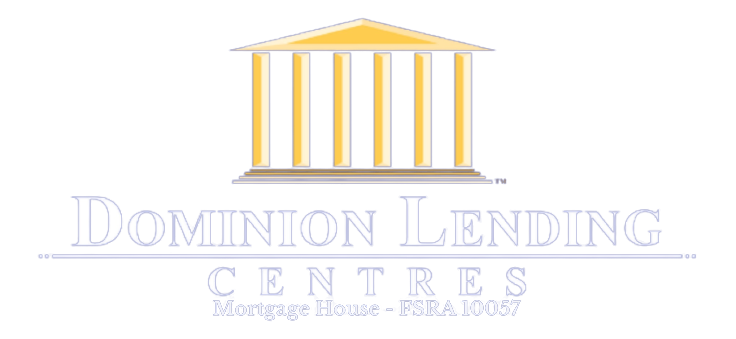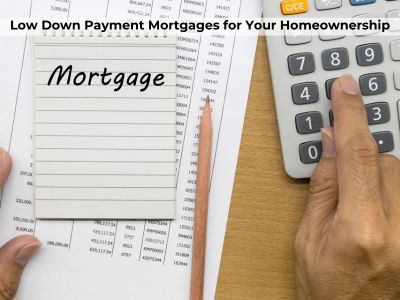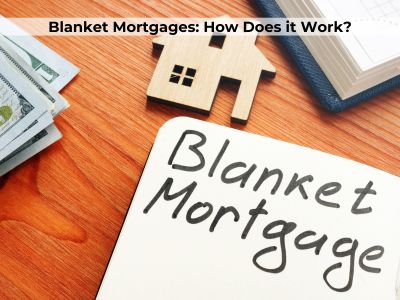Applying for a mortgage when you’re self-employed can be more challenging than those with a full-time job and fixed income rate. It is not ideal for lenders to lend money to self-employed borrowers. And it is more complicated to apply for a self-employed mortgage because they need more documents to provide.
How to increase your chances of approval as a self-employed borrower?
Optimize the debt-to-income ratio
Optimizing your DTI ratio can increase your chance of getting mortgage approval even if you’re self-employed. When you have a low DTI ratio, there’s no doubt that you’ll raise your chance. Keep your DTI below 39%.
You can optimize your DTI by shopping for a mortgage below the DTI calculator says you can afford. For example, you used a calculator that says you can afford $500,000 and might want to lower your budget by $350,000.
Establish a self-employed track record
If you have at least two years of self-employment record and have clean documents, a lender will take a risk on you. If you also prove that you’re succeeding as self-employed, you can have a higher chance of getting approved.
Boost your credit score
Being a self-employed borrower makes it hard to get mortgage approval. However, boosting your credit score will help you gain a lender’s trust. Also, a high credit score can give you much better offers.
Offer a large down payment
If you have high home equity, your lender will most likely assume you won’t run away in case of financial strain. You’ll be seen as a lower risk if you put large cash upfront.
Have a cash reserve
Show your lender you will have a cash reserve, like emergency funds. This proves you can still pay off your mortgage even when the business goes down.
Pay off consumer debt
If you have less debt before applying for a mortgage, it will be easier for you. If you pay off existing debts, like car loans or credit card balances, you’ll have positive cash flow, which can be an advantage when you apply for a mortgage.
Provide important documents
It will be more complicated for self-employed borrowers to apply for a mortgage because they must provide more paperwork than employed borrowers. A mortgage lender may require you to provide the previous year’s tax returns, profit, and loss statements, balance sheets, and bank statements. If these documents show that you have positive cash flow, it will increase your chances of getting approved.
There are types of self-employed mortgage income verification that lenders use.
- Traditional income
This verification method is used for borrowers who have a regular and fixed income. Someone who is employed and can provide a W-2. Steady employment income can be verified via personal tax returns.
- Non-traditional
This verification type is where self-employed borrowers fall. Unlike in traditional, you can’t use personal tax returns as real income in non-traditional. Instead, they use the business’s bank and financial statements as income. Most contractor mortgage falls into this category as well.
- Stated income
If neither of the first two types works, income is the only category left. This type is commonly used by B Lenders or private lenders. Borrowers who are not able to verify their income.
There are various documents and requirements that mortgage lenders demand if you’re a self-employed borrower.
However, there are four major self-employed mortgage requirements that lenders ask you.
- Notices of Assessment and income tax statement (T1)
T1 contains your entire income compromising self-employed income that is reported as business income and unpaid taxes.
If you have unpaid taxes, Canada Revenue Agency (CRA) will register a lien on your home, and they can legally seize your property in case of a payment default.
- Bank statement
Your business’s bank statement and T2 corporation income tax return can serve as additional proof to solidify your business income claims. Future signs can also be used.
- Financial statement
It is helpful for non-traditional, which includes personal and business tax returns as a source of income.
- Articles of Incorporation, business number registration, GST/HST account number
This will provide information on how long you’ve been running the business. If your payment in a quarter exceeds $30,000 as revenue or gross sale, you must have a GST/HST. Just make sure that your GST/HST is paid in full.
Self-employed Mortgage Lender
A Lenders
A Lender is the best self-employed mortgage lender. They require a mortgage stress test to know the stability and sufficiency of your income. It is to determine if you can still pay your mortgage even if the interest rate rises in the future.
A lenders have the 5Cs as their requirements: Capacity, Character, Collateral, Credit, and Capital.
- Capacity- your capability to pay your mortgage and your other expenses.
- Character- a lender will check your pattern of payments. If you are paying on time or if you are tardy in payments. Also, they will check on how long you’ve been residing in your current home.
- Collateral- any property you own and can borrow against. Your down payment and the property’s marketing potential are also necessary.
- Credit- your credit will be the primary determinant. Your lender will also check on how long you have managed your credit and your nature of paying back.
- Capital- Assets minus liabilities equal your capital or net worth. It will determine if you’re still financially stable despite unforeseen circumstances.
B Lenders
If you need help meeting A lender’s requirements, B Lender is the next best for a self-employed mortgage. Although, you’ll need to hire a mortgage broker for this one. Your mortgage broker is in the best position to and would inform you about the required documentation.
Private Lenders
As much as possible, Private lenders should be your last resort. Private lenders offer high-interest rate because they can be a person or company that do not have a connection with financial institutions. Their activities are unregulated, and as a result, getting approval is more accessible. They evaluate your creditworthiness and property value before approving your application.
Conclusion:
Applying for a self-employed mortgage can be more challenging, but it is possible to apply for one. Just ensure you have a clean record, both in business and personal, so it will be easier to apply for a mortgage.
Your clean record and meeting all self-employed mortgage requirements will make it easier to process your mortgage even if you are self-employed.




